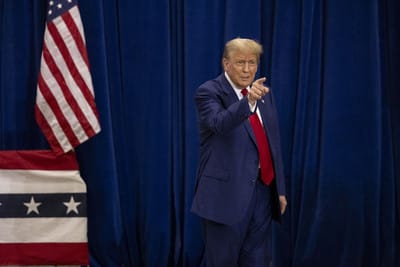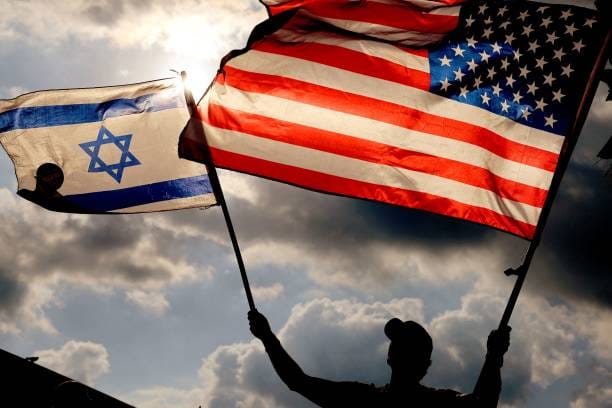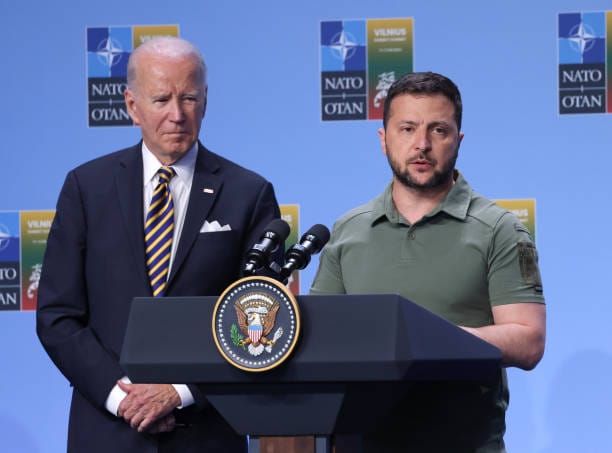Conservatives Clash with Trump on Abortion Stance: A Deep Dive into the Turmoil

In a move that has sent shockwaves through the conservative ranks, former President Donald Trump has taken a stance on abortion that diverges sharply from the expectations of his anti-abortion allies.
Trump’s recent declaration that the issue of abortion should be left to the voters to decide state by state has ignited a firestorm of criticism from conservative groups and leaders who have long championed a more absolute approach to the matter.
The controversy stems from Trump’s departure from the traditionally stringent anti-abortion rhetoric that helped cement his support among conservative voters.
His statement comes at a time when the nation is still grappling with the aftermath of the Supreme Court’s decision to overturn Roe v. Wade, which had previously protected a woman’s right to choose under federal law.
Trump’s remarks have highlighted a rift within the conservative movement.
While some, like Trump, advocate for a decentralized approach, allowing states to determine their own abortion laws, others demand a more uniform, stringent prohibition of the practice at the national level.
This division is not new but has been exacerbated by the recent political discourse surrounding the issue.
Prominent anti-abortion activists have voiced their discontent with Trump’s position.
Jesse Southerland, the federal policy director of Americans United for Life, criticized the utilitarian stance taken by many in the Republican Party, stating, "We don’t get to choose who lives and dies. Human rights for women and the unborn shouldn’t be up for a vote."
Lila Rose, founder of the anti-abortion group Live Action, went further, questioning Trump’s pro-life credentials:
"There is no more unpopular minority today than preborn Americans. Abortion is not about the ‘will of the people,’ it’s about respecting the human right that we are endowed with by our creator."
Analysts suggest that Trump’s position may be a strategic move to navigate the complex political landscape ahead of the 2024 elections.
By avoiding a hardline stance, Trump potentially widens his appeal to moderate voters while still taking credit for the conservative victory in overturning Roe v. Wade.
The debate over Trump’s stance reflects a broader ideological struggle within the conservative movement. It raises questions about the future direction of the Republican Party and its ability to reconcile the diverse opinions within its base on one of the most contentious issues in American politics.
As the 2024 elections approach, the conservative movement will need to address these internal conflicts and present a united front.



